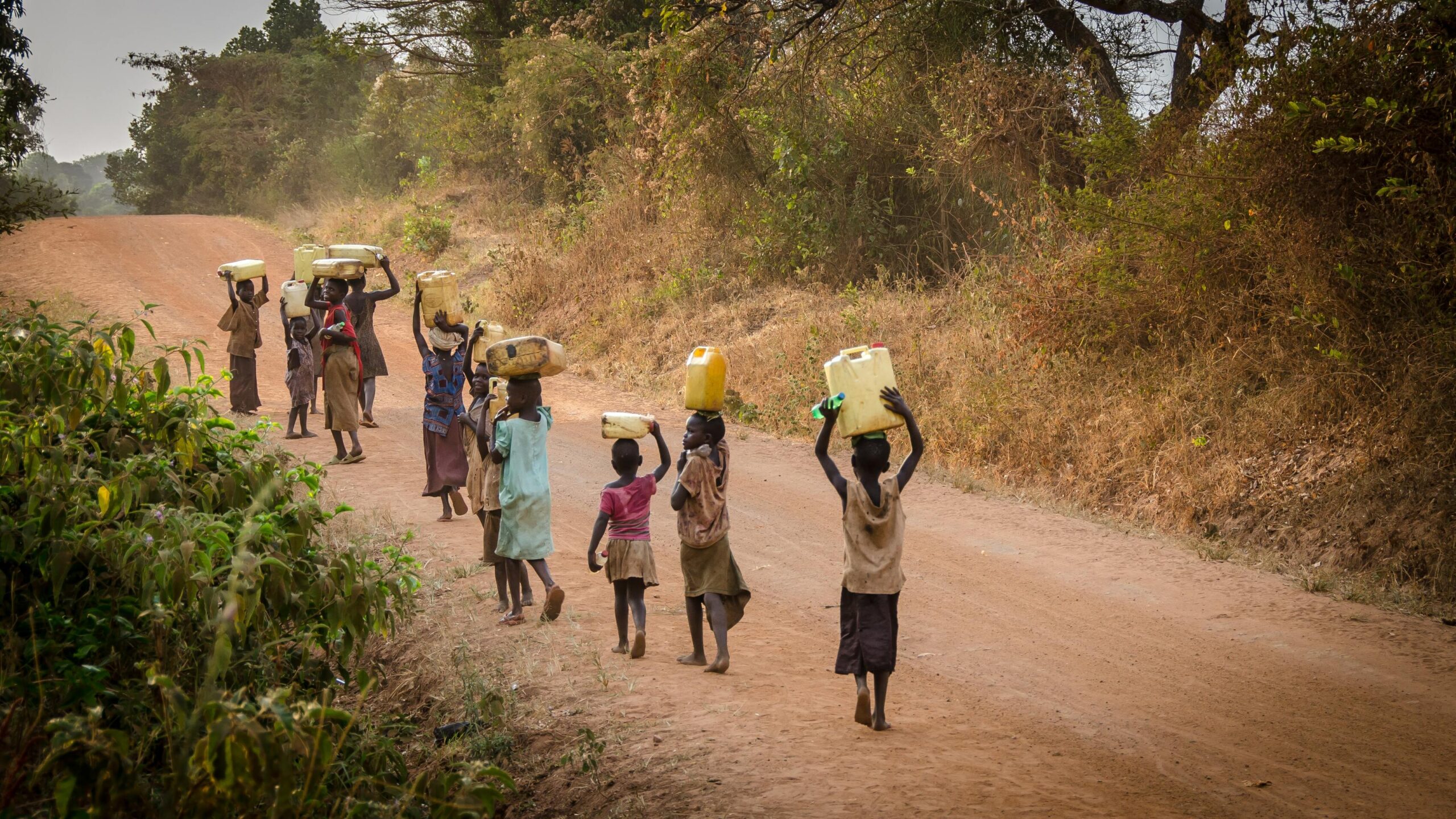Free online training on core humanitarian principles and minimum standards
Why a new list of courses on humanitarian minimum standards? The humanitarian principles of humanity, neutrality, impartiality and independence provide the foundation for humanitarian action. As I’ve learned from my early days as NOHA student, these principles are central to establishing and maintaining access and delivering humanitarian assistance. They also define the identity, context and operational guidance of humanitarian actors. While they are described as the core principles, in recent years also, some have been debated, amongst others the concept of Neutrality (see Hugo Slim’s article: “You don’t have to be neutral to be a good humanitarian” in the New Humanitarian, and the subsequent reader’s reactions) .
For me, those core principles are still at the heart of humanitarianism. Each has a legal, ethical, and operational dimension that must not be broken up. The core humanitarian principles are the crucial points of a humanitarian compass, essential when dealing with operational and ethical dilemmas in our work. As a former MSF-er, I would like to add the quote of former MSF International President, Dr James Orbinski, when MSF was awarded the Nobel Peace Prize in 1999: “This is the humanitarian act: to seek to relieve suffering, to seek to restore autonomy, to witness to the truth of injustice, and to insist on political responsibility…”
Following my earlier lists with online free courses in humanitarian aid, humanitarian logistics, GBV and more, it was time to create an online free course list focused on the humanitarian principles and minimum standards in humanitarian action. Their interpretation, contextual implementation and expression, and other principles require a clear understanding beyond the agreed terminology.
Free online courses in Humanitarian principles and standards
- Introduction to Humanitarian Principles by John Hopkins University (1,5 hour)
- Humanitarian principles and current practice by Deakin University (5 min)
- Humanitarian Context, Systems, and Standards Course by Humanitarian U and Distasterready (6 hours)
- Humanitarian Basics by Cornerstone OnDemand Foundation (1,5 hours)
- IHL and humanitarian principles by ICRC – International Committee of the Red Cross (2 hours)
- The basic rules and principles of IHL by ICRC – International Committee of the Red Cross (5 hours)
- IHL and the Core Humanitarian Principles: humanity, impartiality, neutrality, and independence by PHAP – The International Association of Professionals in Humanitarian Assistance and Protection (0,5 hour)
- Advanced learning session on Humanitarian Principles by PHAP – The International Association of Professionals in Humanitarian Assistance and Protection (1,5 hours)
- Humanitarian Ethics and Principles in Practice by RedR UK (2 hours)
- Humanitarian essentials by the Humanitarian Leadership Academy
- Applying Humanitarian Principles in Context by the Humanitarian Leadership Academy and ITC, International Training Centre (1 hour)
- Principles and Rules for Red Cross and Red Crescent Humanitarian Assistance by IFRC – International Federation of Red Cross
- UNICEF fundamentals of humanitarian action by UNICEF (2 hours)
So now you have various core courses, you should be ready soon to get yourself certified in applying humanitarian principles in Practice. See the online certification of PHAP: Certification in Applying Humanitarian Principles in Practice by The International Association of Professionals in Humanitarian Assistance and Protection (PHAP). Please also look at all the resources and reading materials listed by PHAP.
Free online courses on Sphere and other Minimum standards in humanitarian assistance
- Introduction to the Core Humanitarian Standard by the Humanitarian Leadership Academy and CHS Alliance (2 hours)
- Sphere Minimum Standards by Save the Children (2 min)
- Sphere Handbook in Action by Sphere (9 hours)
- Sphere book in practice by Sphere (8 hours)
- How to be a Sphere Champion by Sphere (1 hour)
- Core Humanitarian Standards (CHS) in quality and accountability by Coventry University
- Training on Minimum Standards for Displacement Sites by RedR UK (2 hours)
- Professional Standards for Protection Work by International Committee of the Red Cross (ICRC) (2 hours)
- Child Protection Minimum Standards by The Global Alliance for Child Protection in Humanitarian Action (5 hours)
- Basic Principles of Disability Inclusion in Humanitarian Response by HelpAge International and Age & Disability Capacity Building Programme (ADCAP) (0,5 hour)
- Interagency Network for Education in Emergencies Minimum Standard by INEE – Inter-agency Network for Education in Emergencies (3 hours)
- MERS – Understanding and applying the Minimum Economic Recovery Standards by SEEP Network (2 hours)
- Unlocking Humanitarian Access by Norwegian Refugee Council (5 hours)
This list has been compiled based on my experience in the sector, my training as NOHA Alumni and with support of colleagues and others. Please let me know who and what I am missing and I will keep on updating this list, like I do with the other lists I keep on sharing publicly since August. I have kept and made these lists for years for friends and family who wished to learn more about my working area, the humanitarian sector. Since World Humanitarian Day 2022, I realized I should make all my lists public. If you have a wish for a specific subject, or if you wish to contribute, great, please drop me a note here.

3 thoughts on “Free online training on core humanitarian principles and minimum standards”
Comments are closed.